Book Review: The Ministry of Time by Kaliane Bradley
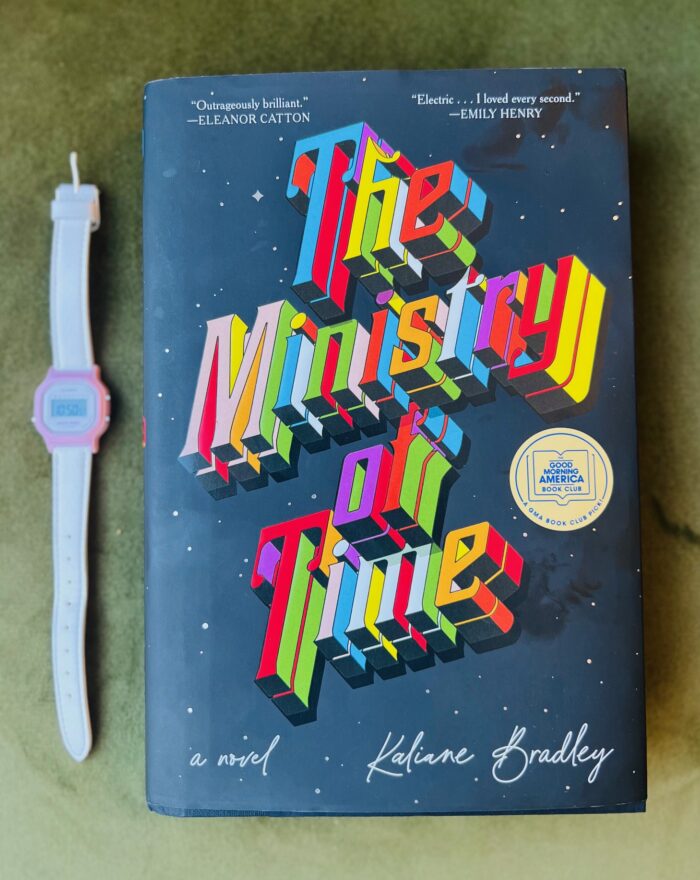
I had been meaning to read The Ministry of Time by Kaliane Bradley when it first hit my doorstep almost a full year ago, but I never seemed to get around to it (story of my life, and my bookshelf). When I saw how much attention it was getting, plus it’s appearance on the Top 100 Books of the Year as decided by the Globe and Mail (Canada’s biggest newspaper), I finally pushed it to the top of my pile, and I am so glad I did. Believe the hype, this book is fantastic.
Plot Summary
Sometime in the near future, the British government stumbles upon / discovers / potentially develops a door to travel through time. Because it’s a sprawling government entity, the time travel and all associated activities fall under the shadowy Ministry of Time, and civil servants are hired to manage the top-secret project. The government has plucked a handful of historical figures from their lives and brought them back to the present day to study the affects of time travel on the human body. Each historical person has been assigned a ‘bridge’, who will live with them in London, and try to acclimatize them to the living there. The book is written from the perspective of an unnamed young woman who has been assigned Commander Gore, a man taken from the year 1847. He’s a sailor that was otherwise going to starve to death on Sir John Franklin’s expedition to the Arctic, a trip where everyone else perished. Although we mostly hear from her, we get occasional short chapters from Gore’s perspective before he is taken through the time travel door. As their year living together as roommates continues, the reader is slowly introduced to the potential that the Ministry may not have as positive intentions as originally stated, while at the same time our narrator begins to fall deeply in love with Gore. Crossing multiple genres, the story develops into a territory that’s completely unexpected, but it retains its emotional impact as the mystery of what the Ministry of Time actually does is gradually revealed.
My Thoughts
One of the pleasantly unexpected traits demonstrated by Commander Gore is his sense of humour, and his adjustments to modern day are quite entertaining. This is probably what I loved most about the book: the historical characters’ uneven adaptation to life in the 2000s. One woman from the 1600s develops a love of partying, dating apps, and creates a social life that involves clubbing at all hours, much to the dismay of her bridge. One man from the early 1900s is gay, and delighted at the fact that his homosexuality is no longer a punishable offence, but is still hesitant to outwardly show his preferences. Gore is taught to ride a bike, and takes to it quickly, venturing on long adventures when it’s allowed by the Ministry, but he also struggles with seeing his bridge’s legs when she wears shorts during a heat wave. Language is of course a whole other challenge, and crude sexual terms are generally disdained by most of the historical ex-pats, they hate how casual regular conversation has become.
As the story continues, an issue that is increasingly explored is the population’s changing attitudes towards diversity, racism, and how this fits into the wider historical record. The introduction and explanation of the Holocaust is a topic that’s purposefully delayed while acclimatizing the time travelers with the belief that it would be too overwhelming and traumatic for them to learn about, yet the discussion around slavery is one that Gore and his bridge frequently dance around. But the issue of race is also explored in strictly modern-day terms when the bridge describes her sister who frequently writes on the the trauma their family endured before coming to England from Cambodia, while the narrator herself often tries to distance herself from her cultural background, opting to pass as a white person as often as possible. Although she acknowledges the otherness she feels coming from a family of refugees, these are always internal conversations, and she remains steadfastly practical throughout these monologues:
” ‘They’re still in charge and even when ‘they’ are saying marginalized instead of mongoloid they are still acknowledging that we are an issue to be dealt with. When would it be my turn to hold the carrot and stick? My sister had grandiose chat about dismantling the carrot-stick complex altogether, but this manifested in being upset all the time, tweeting enthusiastically about debut authors of color who never seemed to publish second novels once the publicity cycle ended, and being underpaid.” (p. 176 of The Ministry of Time by Kaliane Bradley)
These inner thoughts of hers are juxtaposed with awkward encounters she has with black colleagues where she is trying to remain empathetic, but still aware of her privileged ‘whiteness’, or the way she can pass as white. I was impressed with the way Bradley balanced these modern-day conversations with the clash of historical expectations, while still pulling off a relatively complicated plot. There is a lot going on in this book, but it was executed well so I never felt overwhelmed – it remained a page-turner until the very end. It’s a fantastic mix of a spy thriller, romance, and literary fiction; even better is you can favour only one of these genres and still enjoy this novel.

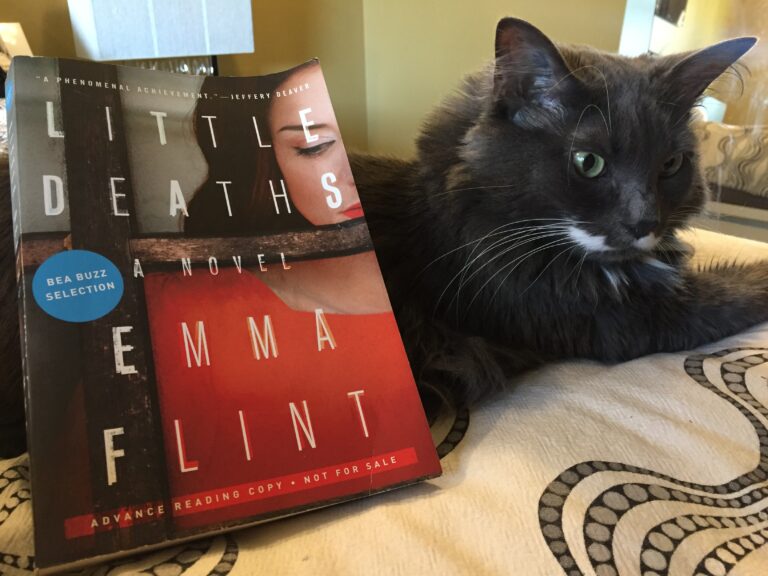
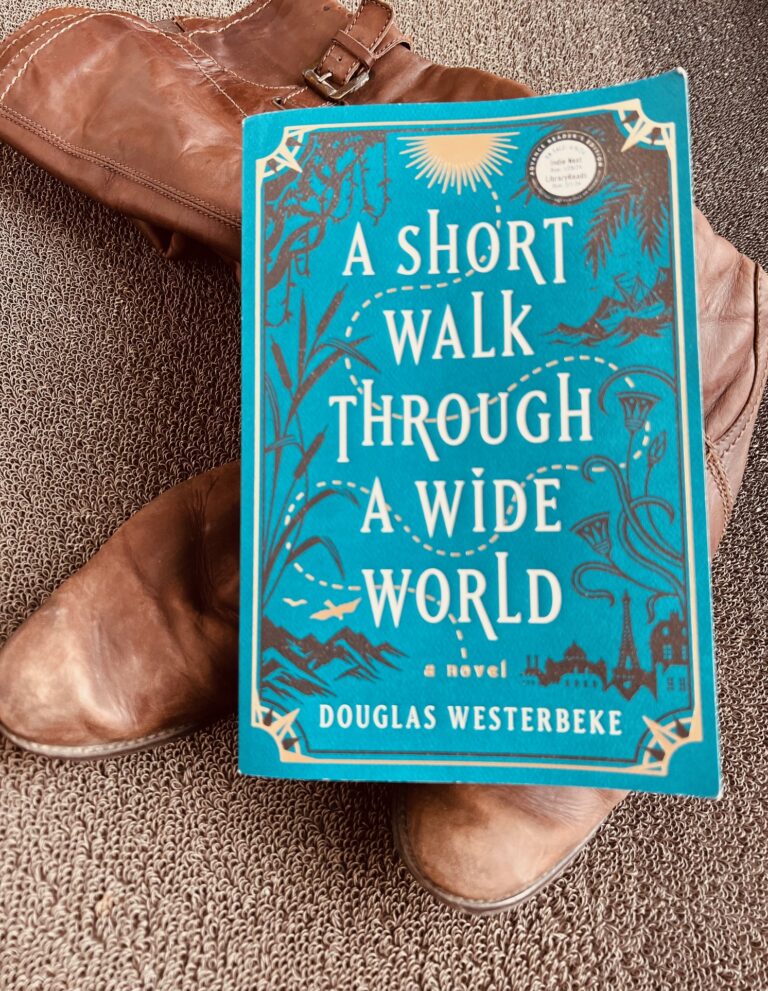
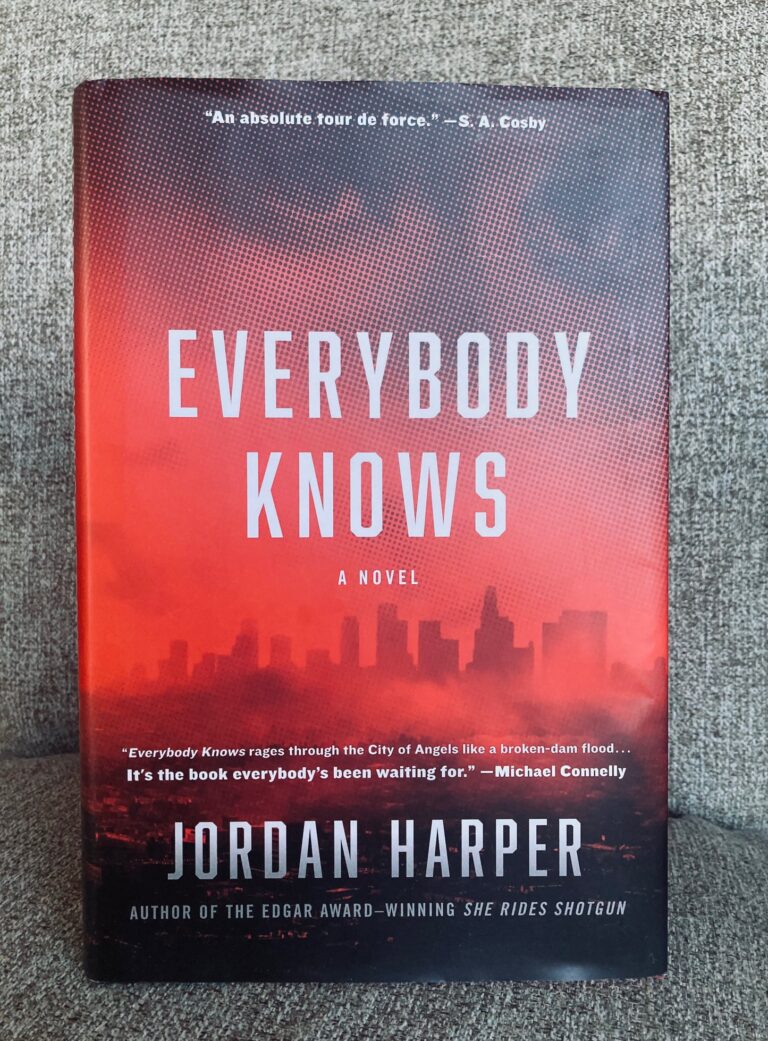
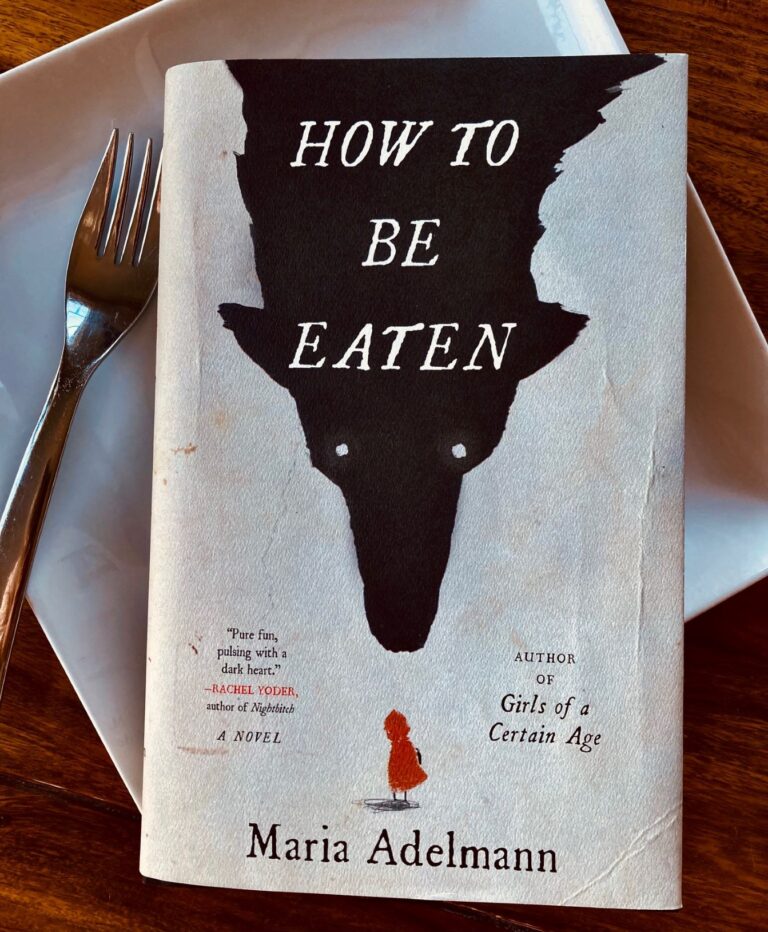
I’m so glad to hear you liked this so much – I have a copy of it in my pile!
You should read it Naomi, I think you’d really like it